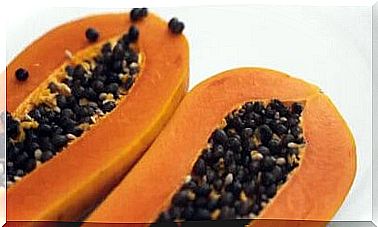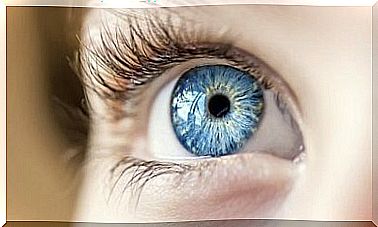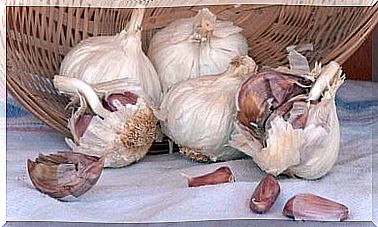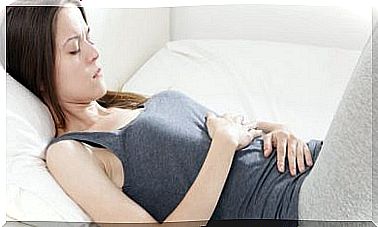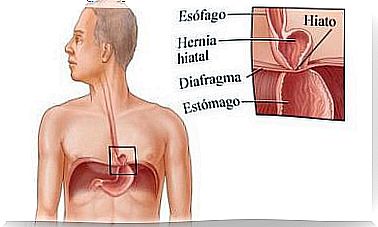Does Eating Carbs For Dinner Make You Fat?
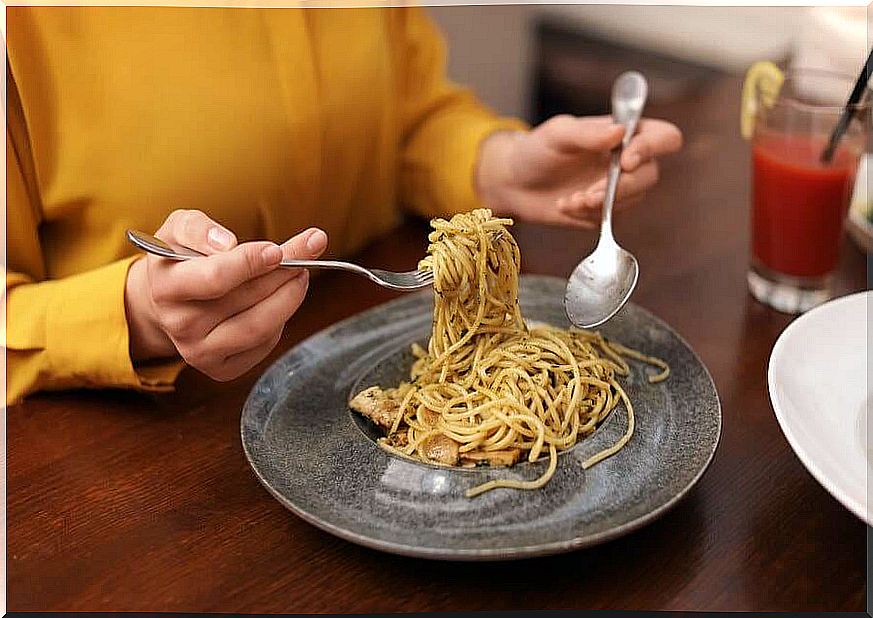
How many times have you heard that eating carbs for dinner makes you fat? This is one of the most widespread food myths among the population. The thinking behind this myth is based on the idea that “if I eat carbs at night, as they give me energy and I’m not going to spend it sleeping, I’m going to accumulate fat.” But, is this true?
Eating carbs for dinner makes you fat?
First, it is important to clarify what carbohydrates are. Sugars are not a food group, but a nutrient that gives us energy. The foods that contain this macronutrient are tubers, cereals, fruits and pulses.
They are also found in ultra-processed products such as sweets, cereal derivatives, industrialized juices, etc. However, it should be borne in mind that carbohydrates from ultra-processed foods are different from those present in natural foods.
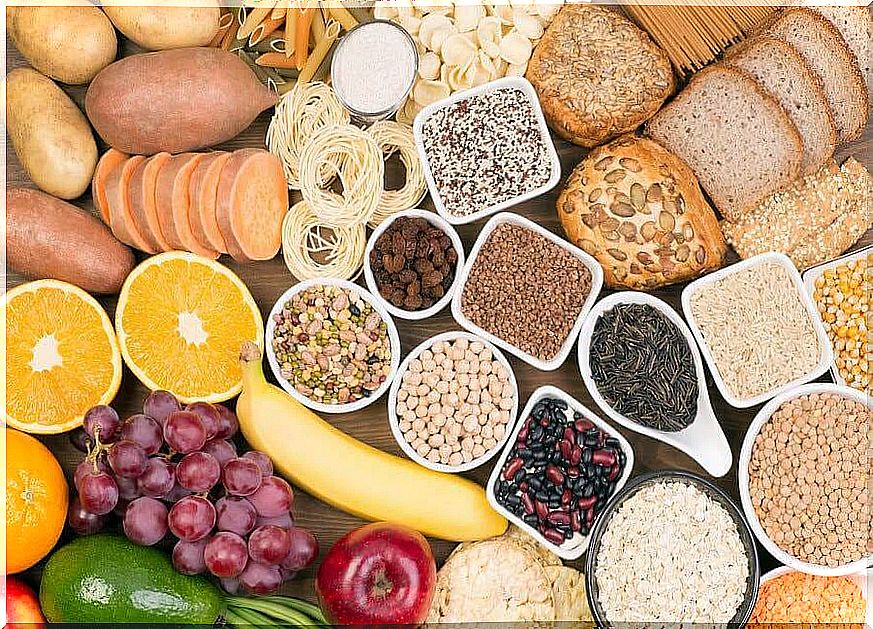
How do carbohydrates work when eaten?
When eating carbohydrates, the first thing the body does is to replenish glycogen stores. Glycogen is the body’s way of storing glucose, and it does this in both the liver and muscles.
Once these stores are full, it ‘s the rest of the sugar (that which is in excess) that will be turned into fat. It is, therefore, an excess situation when reserves are full. This can happen at any time of day.
Does the time of day that we eat carbohydrates have any influence?
The time of day carbohydrates are consumed is often irrelevant. What’s important is the type of food you eat. It’s not the same thing to eat a plate of brown rice and eat a pizza. In addition, the current level of your glycogen stores is also important.
The ideal situation would be that the carbohydrates eaten at dinner could replenish energy expenditure. Of course, this will happen if you’ve been exercising during the day, and if the amount of carbohydrates in other meals isn’t overdone.
In the case of carbohydrates, the same amount of insulin is not produced during the day and at night. We get them out of the bloodstream faster during the day when we have a better tolerance. This was one of the things that made us think years ago that it was better to eat them first thing in the morning and avoid them at night. This is due to hormonal circadian rhythms, which cause food to be received in different ways depending on the time of day, according to an article published in the journal Nutrients.
According to science, does eating carbs make you fat?
There are scientific studies that show this belief to be false. An essay published in the journal Obesity observed that, in two groups of obese people maintaining the same diet but alternating lunch and dinner, that is, consuming more carbohydrates at dinner, the experimental group was more satisfied the next day and increased their energy expenditure .
This same study showed that diurnal hormonal profiles, such as ghrelin, leptin and adiponectin, hormones responsible for hunger and satiety, can be modulated. This helps control daytime hunger, improves weight loss and metabolic results.

Now, in case you still have questions about whether eating carbs is fattening, let’s look at another study published in the European Journal of Nutrition.
Three groups of obese men followed a weight loss diet. One of them was the control group; the other ate carbohydrates during the day and proteins at night; and the third group ingested protein during the day and carbohydrates at night.
The researchers determined that eating carbohydrates and eating protein during lunch, within a balanced weight-loss diet, had a similar effect on body composition and biochemical markers, but a greater effect on diet-induced thermogenesis.
Furthermore, they saw that eating primarily carbohydrates for lunch and protein for dinner has a detrimental effect on glucose homeostasis.
keep a balanced diet
The amount of carbohydrates we can eat at night depends on each case. A person who wants to refuel after training should not follow the same pattern as a person who wants to lose weight.
The isolated fact of eating carbs at night is not what makes you fat. What leads to weight gain is the excess calories maintained for several days.
Finally, you must not forget the quality of these carbohydrates. As we said in the previous sections, eating whole grains, potatoes, or fruits is not the same as eating refined flours.

